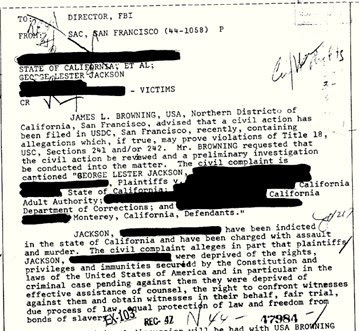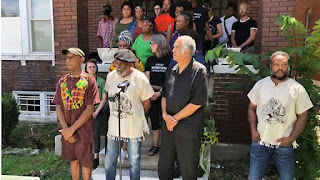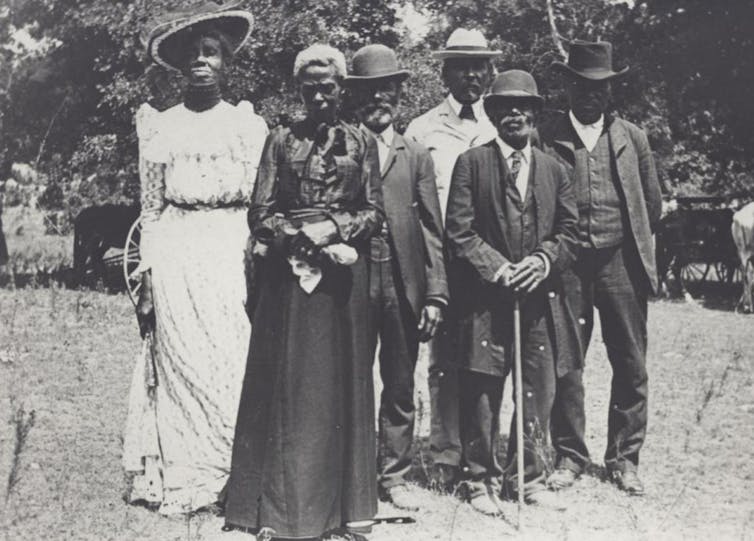 |
| photo credit: Bill Smith |
"We do not mourn the death of Elizabeth, because to us her death is a reminder of a very tragic period in this country and Africa's history," declared Julius Malema, head of the left-wing Economic Freedom Fighters party in South Africa.
"The British royal family stands on the shoulders of millions of slaves who were shipped away from the continent to serve the interests of racist white capital accumulation, at the center of which lies the British royal family," Malema added.
Larry Madowo, a CNN International correspondent from Kenya, said during a Thursday broadcast that "the fairytale is that Queen Elizabeth went up the treetops here in Kenya a princess and came down a queen because it's when she was here in Kenya that she learned that her dad had died and she was to be the queen."
"But that also was the start of the eight years after that, that the... British colonial government cracked down brutally on the Mau Mau rebellion against the colonial administration," he continued. "They herded more than a million people into concentration camps, where they were tortured and dehumanized."
In addition to rampant torture—including the systemic castration of suspected rebels and sympathizers, often with pliers—British forces and their local allies massacred unarmed civilians, disappeared their children, sadistically raped women, and clubbed prisoners to death.
"And so," added Madowo, "across the African continent, there have been people who are saying, 'I will not mourn for Queen Elizabeth, because my ancestors suffered great atrocities under her people that she never fully acknowledged that."
Indeed, instead of apologizing for its crimes and compensating its victims, the British government launched Operation Legacy, a massive effort to erase evidence of colonial crimes during the period of rapid decolonization in the 1950s-'70s.
"If the queen had apologized for slavery, colonialism, and neocolonialism and urged the Crown to offer reparations for the millions of lives taken in her/their names, then perhaps I would do the human thing and feel bad," tweeted Cornell University professor Mũkoma wa Ngũgĩ. "As a Kenyan, I feel nothing. This theater is absurd."
Aldani Marki, an activist with the Organization of Solidarity with the Yemeni Struggle, asserted that "Queen Elizabeth is a colonizer and has blood on her hands."
"In 1963 the Yemeni people rebelled against British colonialism. In turn the Queen ordered her troops to violently suppress any and all dissent as fiercely as possible," he tweeted. "The main punitive measure of Queen Elizabeth's Aden colony was forced deportations of native Yemenis into Yemen's desert heartland."
"This is Queen Elizabeth's legacy," Marki continued. "A legacy of colonial violence and plunder. A legacy of racial segregation and institutionalized racism."
"The queen's England is today waging another war against Yemen together with the U.S., Saudi Arabia, and the UAE," he added.
Melissa Murray, a Jamaican-American professor at New York University School of Law, said that the queen's death "will accelerate debates about colonialism, reparations, and the future of the Commonwealth" as "the residue of colonialism shadows day-to-day life in Jamaica and other parts of the Caribbean."
Numerous observers noted how the British Empire plundered around $45 trillion from India over two centuries of colonialism that resulted in millions of deaths, and how the Kohinoor—one of the largest cut diamonds in the world, with an estimated value of $200 million—was stolen from India to be set in the queen mother's crown.
"Why are Indians mourning the death of Queen Elizabeth II?" asked Indian economist Manisha Kadyan on Twitter. "Her legacy is colonialism, slavery, racism, loot, and plundering. Despite having chances, she never apologized for [the] bloody history of her family. She reduced everything to a 'difficult past episode' on her visit to India. Evil."
An Indian historian tweeted, "there are only 22 countries that Britain never invaded throughout history."
"British ships transported a total of three million Africans to the New World as slaves," he wrote. "An empire that brought misery and famine to Asia and Africa. No tears for the queen. No tears for the British monarchy."
Negative reaction to the queen's passing was not limited to the Global South. Despite the historic reconciliation between Ireland and Britain this century, there were celebrations in Dublin—as a crowd singing "Lizzie's in a Box" at a Celtic FC football match attests—and among the Irish diaspora.
"I'm Irish," tweeted MSNBC contributor Katelyn Burns, "hating the queen is a family matter."
Welsh leftists got in on the action too. The Welsh Underground Network tweeted a litany of reasons why "we will not mourn."
"We will not mourn for royals who oversaw the protection of known child molesters in the family," the group said.
"We will not mourn for royals who oversaw the active destruction of the Welsh language, and the Welsh culture," the separatists added.
Summing up the sentiments of many denizens of the Global South and decolonization defenders worldwide, Assal Rad, research director at the National Iranian American Council, tweeted, "If you have more sympathy for colonizers and oppressors than the people they oppress, you may need to evaluate your priorities."
This article originally appeared at CommonDreams.org. Originally published on September 9th 2022. It is licensed under a Creative Commons Attribution-Share Alike 3.0 License.










